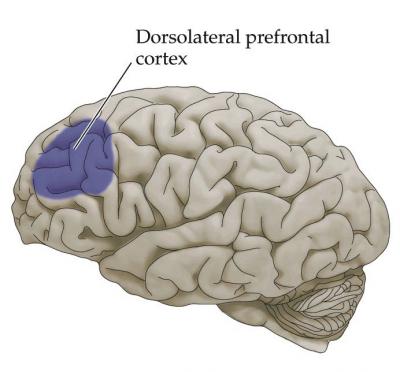How to Avoid Overspending
Are you a chronic over-spender? Are your credit cards constantly maxed out? The ubiquity of credit and the lack of cold, hard cash might have something to do with it. Canadians are relying on their credit card for more purchases that ever before. In 2014, cashless transactions totaled just over 11.2 billion – with credit cards making up 35% of those transactions. (Source: CPSS – Red Book Dec 2015)

The availability of credit and the prevalence of low interest rates have encouraged Canadians to take on record levels of debt. The debt to disposable income ratio reached 164 per cent in the fourth quarter of 2013 – that means for every dollar of income, we have $1.64 of debt. If you’re frequently carrying a balance on your credit card, it’s a telltale sign you’re overspending. You probably know you should spend less, but changing your spending habits is often easier said than done.
Overspending and the Brain
Researchers have recently gained a better understanding of the relationship between spending and the brain. Oxytocin is a hormone that determines how generous we are with our cash. The more oxytocin our brains produce, the more willing we are to open our wallets.
So how can we use this to our advantage and stop overspending? Giving money a context is a good start. Saving for retirement isn’t exciting, but when you picture your lifestyle in retirement – lying on the beach, sipping an umbrella drink – that helps give your money a context. It’s that context that motivates us to meet our financial goals.
Increase Your Spending Willpower
When it comes to spending decisions, we use two separate areas of our brain: the vmPFC (ventral medial prefrontal cortex) and the dlPFC (dorsolateral prefrontal cortex). We use the vmPFC when we look at the value of our purchases (“If I purchase this flat screen TV, I’ll feel joy”), while we use the dlPFC when we consider the consequences of our actions (“If I purchase this flat screen TV, I won’t be able to pay my hydro bill”).

Photo credit: psych-it.com.au
So how do you increase your spending willpower? The secret is to introduce “pain” when you spend money. By activating the dlPFC area of our brains, we’re more likely to gain better control over our spending. Now, we don’t recommend beating yourself up – just thinking about the future can often be enough of a deterrent.
Ways to Avoid Overspending on Your Credit Card
Now that we have a better understanding of overspending and our brain, here is some practical advice to keep your spending in check.
Don’t Shop When You’re Emotional: Emotions have a way of parting us with our cash. If you’re hungry, the last place you should visit is a fast food restaurant or the supermarket. Even if you have a shopping list, you’re more likely to let your emotions (hunger) get the better of you and overspend. Have a bite to eat at home before going shopping and let your brain, not your stomach, make the decisions.
Pay Yourself First: A lot of financial experts recommend saving 15% of your pre-tax income. For example, if you earn $50,000 before tax, you should strive to save $7,500 each year. If you constantly find yourself strapped for cash, it can be challenging to save. The secret is to pay yourself first: before you’re tempted to spend, have a portion of your pay cheque transferred to a savings account. This will allow your money to grow and help you avoid the temptation to spend.
Don’t Believe All Advertisements: Marketing is all about convincing us to open our wallet and spend. We may have the latest and greatest cellphone, but if we see a commercial for an even better model, we may go out and buy it, even though our old cellphone is perfectly fine. The trick is to avoid the commercials and not make snap decisions. Don’t feel pressured into purchasing something – there will always be another sale.
The Bottom Line
The secret to avoid overspending is to understand its root cause and increase your self-control. By introducing “pain” when you make purchases, you’re less likely to splurge on that Armani suit you can’t afford. Before you open your wallet next time, consider the consequences of your behaviour; it’s this momentary pause that can help be the difference between having money in the bank and being maxed out.




